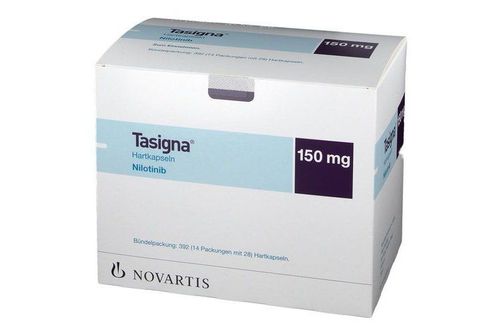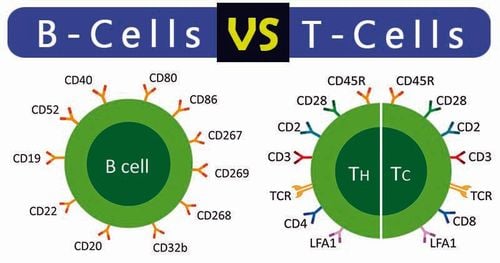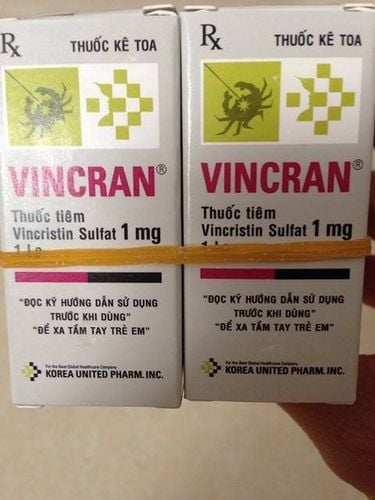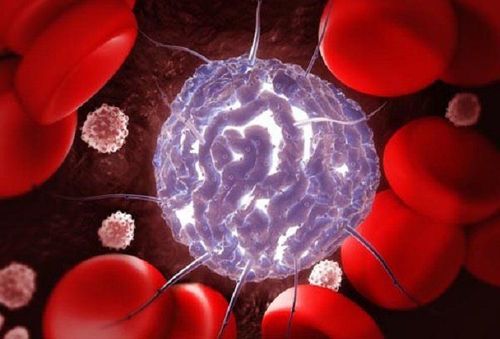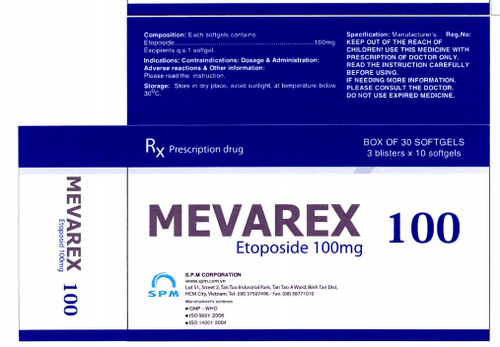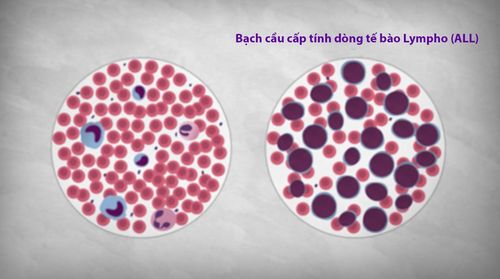This is an automatically translated article.
Patients with acute lymphoblastic leukemia (ALL) need to be treated and cared for carefully even after active treatment has ended. All treatments for acute lymphoblastic leukemia (ALL) can cause side effects or changes to your body. For many reasons, people do not experience the same side effects even when given the same treatment for the same type of cancer.1. Monitor for side effects
Sometimes, side effects can last beyond active treatment. These are called long-term side effects. In addition, other side effects called late effects can develop months or even years later. Late effects can occur almost anywhere in the body. Side effects of cancer treatment include physical problems, such as heart and lung problems, and possibly the detection of other cancer cells, which are a new type of cancer. in people who have had cancer before. Problems with the patient's physical abilities in the future, known as infertility. Side effects also include emotional problems, such as anxiety and depression, and problems with memory, thinking, and attention).
Based on the treatment plan your child receives, the doctor will recommend what tests and tests are needed to check for late effects. It is important to discuss any new side effects or changes in existing side effects with your child's healthcare provider. Providing this information helps them find treatment or manage side effects to make your child more comfortable and reduce the risk of side effects getting worse for the patient.
Sometimes, physical side effects can linger long after treatment ends. Doctors call these long-term side effects. They call side effects that occur months or years after late-acting treatment. Treatment of long-term and late-effects is an important part of care for childhood cancer survivors.
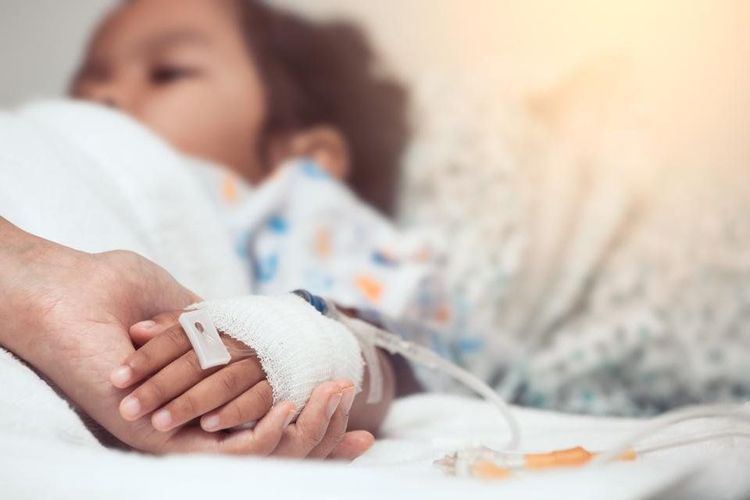
Trong quá trình điều trị ung thư có thể xuất hiện một số tác dụng phụ
2. Monitor for recurrence
The goal of follow-up care is to check for recurrence, which means the cancer may come back. Cancer recurs because small areas of cancer cells can remain undetected in the body. Over time, these cells can increase in number until they show up on test results or cause signs or symptoms.
During follow-up care, a doctor who knows your medical history will provide you with personalized information about your risk of recurrence. The doctor will ask specific questions about the patient's health status. During routine follow-up care, some patients may have blood tests or imaging tests, but the order for these tests depends on many factors, including the type of cancer and the stage of the disease at the time of initial diagnosis and previous types of treatment.
Predicting results before testing or waiting for results only puts extra stress on you and your family. This is called 'scan-xiety', which roughly translates to the anxiety and fear surrounding the idea of having to have an imaging test to check for cancer.
3. Emotion tracking and social effects
Your family can have emotional and social effects as well as physical effects after a cancer diagnosis. This may include handling difficult emotions, such as anxiety or anger or stress. Sometimes, patients and their families have problems expressing how they feel to loved ones or people don't know what to say in response. Some people have found that talking to a cancer social worker, counselor, or member of a team caring for people with cancer can help them have a more effective way of dealing with and talking about cancer. .
4. Solve financial problems
Cancer treatment is expensive and takes a long time. This is a source of stress and anxiety for families dealing with a cancer diagnosis. In addition to the cost of treatment, many people find they have additional unexpected expenses related to childcare. It is necessary to have a clear financial plan to reduce some of the psychological burden for the patient and his family.

Vấn đề tài chính trong điều trị ung thư cần được lên kế hoạch cụ thể
5. Keep the patient's health record
Family members and friends play an important role in the care of a child. Parents or guardians, you are the primary caregiver for your child. However, friends and family members can help and support your family even if they live far away.
This may include financial assistance with medications or monitoring for symptoms and side effects. However, it is important to seek help from others. Here are some things your family or friends can help with:
Caring for your children Provide support and encouragement Support with household chores Help with insurance and payment issues You need to keep a personal record of the patient's medical information. The doctor will give the patient's health record to the next of kin. That way, when the child enters adulthood, he or she has a clear history of the disease such as diagnosis, treatments, and the doctor's recommendations for a schedule of care to monitor the progress of the disease.

Hồ sơ sức khỏe của người bệnh cần được cất giữ cẩn thận
Some patients continue to see their oncologist, while others switch back to the care of their GP or another healthcare professional. This decision depends on several factors, including the type and grade of cancer, side effects, health insurance rules, and your family's personal preferences. Talk to the health care team about your child's ongoing medical care and any concerns you have about your child's future health.
If a physician is not directly involved in pre-existing cancer care, you need to share cancer treatment summaries and health care plan forms with them and with all your child's future health care provider. The details of specific cancer treatments given are valuable to health care professionals who will care for your child throughout life.
To register for examination and treatment at Vinmec International General Hospital, you can contact Vinmec Health System nationwide, or register online HERE.
References: Cancer.net
MORE:
What is Chronic Lymphocytic Leukemia (CLL)? For the first time in Vietnam successfully treated T/NK cell lymphoma with immunotherapy What are lymphocytes?




